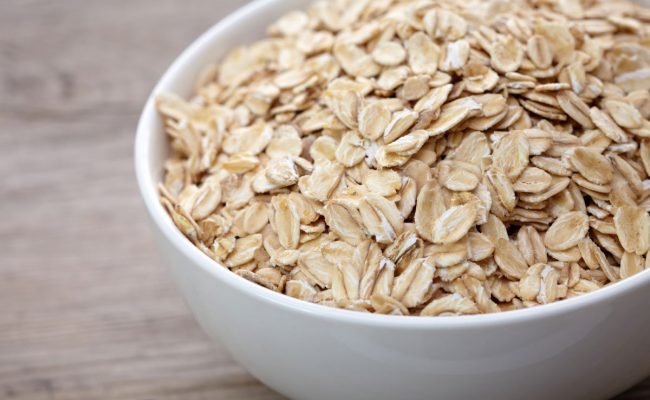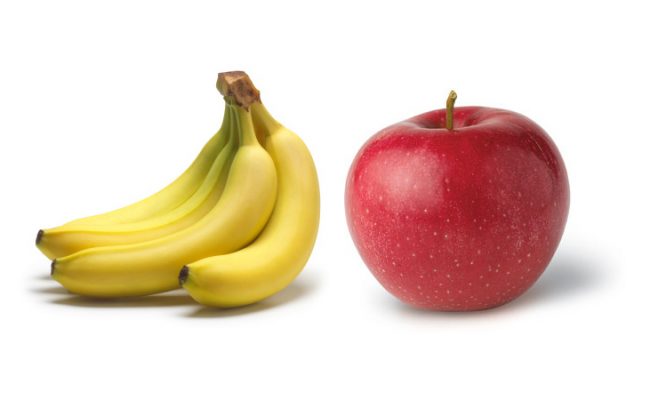
Did you know that legumes can provide your body with an arsenal of valuable nutrients ready to protect your health from a number of relentless enemies?
If you are not familiar with the many health benefits of legumes it’s time to get informed because with a couple of easy adjustments you can include legumes to your daily diet and safe guard your health against many diseases. In addition regular consumption of legumes can help you develop healthy eating habits and can boost your weight loss efforts.
What are legumes?
Legumes belong to the category of vegetables. They are available in different colours shapes, and sizes and can be eaten green immediately after removing them from the plant. In the category of legumes you can find beans, peas, lentils, lupins, chickpea and others.
Soy and peanuts are also considered legumes
Soy is a unique type of legume because it has similar characteristics with meat. Additionally it contains isoflavones, substances that are believed to reduce the risk of cancer (see below).
Peanuts are legumes. They contain fat but its mono-unsaturated fat and this makes them one of the healthiest food to eat. Peanuts when consumed in moderation offer many health benefits. See also best nuts and seeds.
Legumes are rich in good quality protein, potassium, folic acid (vitamin B9), iron, magnesium, fiber, healthy fat and contain no cholesterol. The fat they contain is in the category of unsaturated fats that are beneficial to health.
The important role of legumes in a healthy diet
Anyone who does not eat legumes will certainly not be harmed by their absence. The nutrients found in legumes can be covered by other foods but in many cases the foods you choose to replace legumes are either harmful or not as healthy as legumes.
Usually those who do not eat legumes are more likely to eat more meat – and here is the problem. Meat will add more calories and fat to your diet without having the same benefits as legumes. Several studies have shown that people who eat legumes instead of meat are more likely to lose weight than people who eat only meat.
It’s no surprise that according to the principles of the Mediterranean diet (one of the healthiest diets); legumes should be at consumed at least 2 times per week.
Why legumes help fight high blood cholesterol? Legumes contain dietary fiber that doesn’t stay in the gut after digestion. On its way out, through the digestive tract, fiber binds the cholesterol found in it thereby increasing the excretion and reducing the absorption of cholesterol from the gut.
Legumes contribute to the reduction of blood cholesterol. By lowering cholesterol, legumes help prevent the narrowing of vital arteries. This is why legumes can be valuable allies in the prevention of heart attack and stroke as well as diabetes.
Legumes reduce the risk of constipation. Since dietary fiber is not absorbed from the gut it facilitates the movement of food through the digestive tract thereby reducing the risk for constipation.
The role of legumes in the prevention of cancer. Legumes contain certain phytochemicals such as isoflavones that have been a subject of discussion on many research studies regarding cancer. Isoflavones, because of their antioxidant properties, may suppress the growth of tumour cells and reduce the risk of suffering from certain types of cancer such as prostate cancer. Also they are found to have a positive role in preventing the narrowing of the arteries because they suppress the growth of the atherosclerosis plaque that gradually blocks the arteries of vital organs.
Legumes, nutrients and vegetarians
Legumes are good sources of vitamin B, iron and calcium.
A 1/2 cup of legumes (1 portion) weighs on average 100 g. and provides around 110 calories. On average legumes contain:
8% proteins
20% carbohydrates
7% fiber
2% fat.
Soy presents a deviation from the values indicated above, with 180 calories per 100 g., 17% protein and 9% fat.
As with all food (including meat), legumes do not provide all the nutrients and vitamins needed for a healthy diet as they do not contain vitamins A, C, and B12.
Legumes and Vegetarians
Vegetarians in order to obtain all necessary vitamins can mix various legumes in the same food (e.g., peas, beans and lentils) and accompany them with nuts (e.g., walnuts and pistachios), cereals (e.g., corn and wheat), seeds (e.g. sunflower and sesame) and a variety of vegetables.
Legumes are good for you; why not give them a try?
So it is good to remember that legumes should be consumed on a frequent basis (at least 2 times per week). They have a lot to offer and can replace other foods rich in fat and cholesterol with negative effects on the cardiovascular system and calorie intake. Giving legumes the importance they deserve, you have another weapon to win the war against heart attack, stroke, diabetes, obesity, constipation and cancer.










